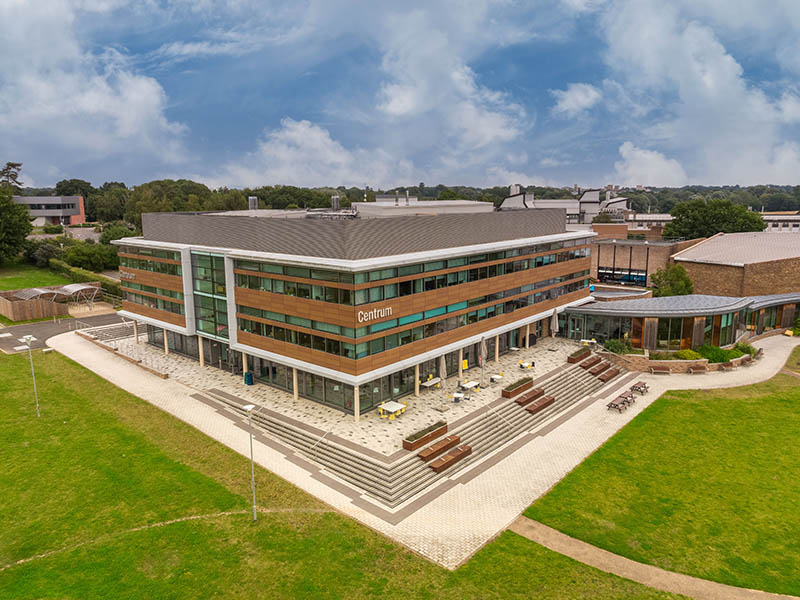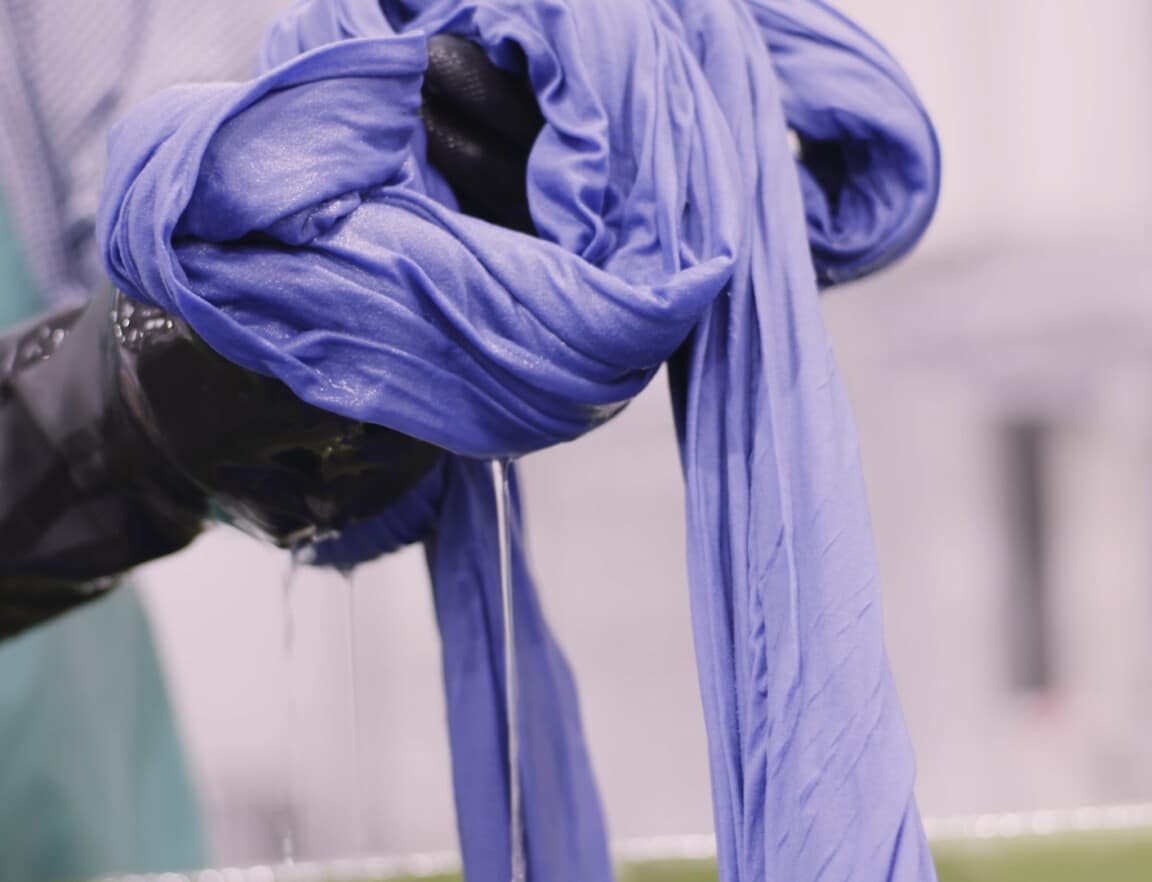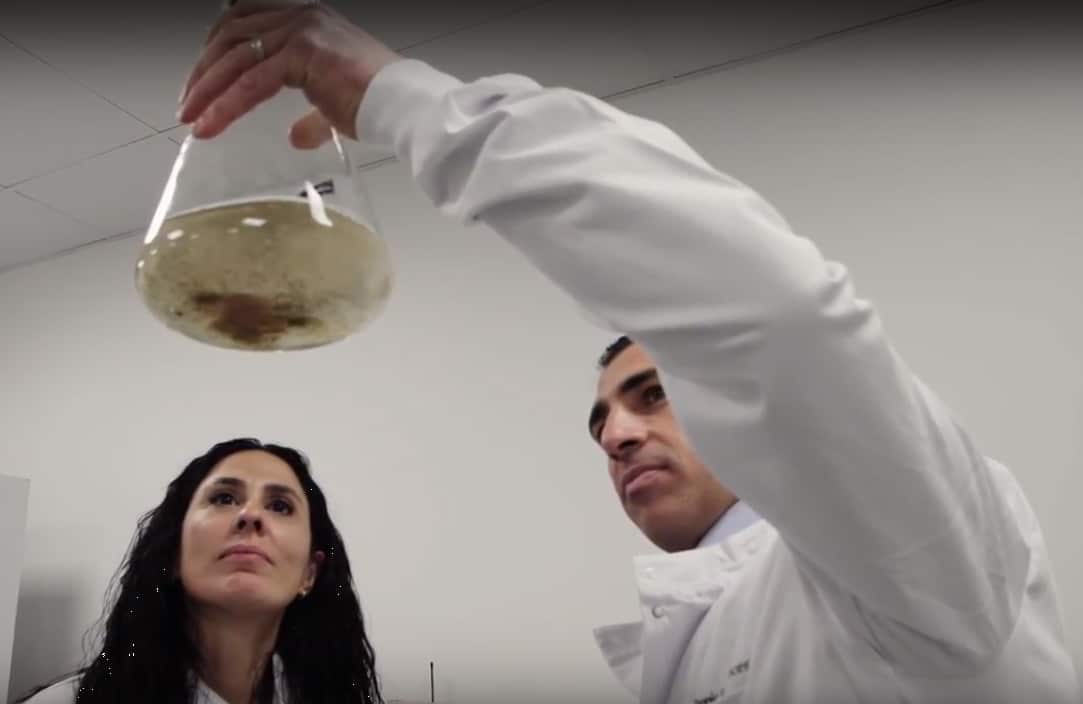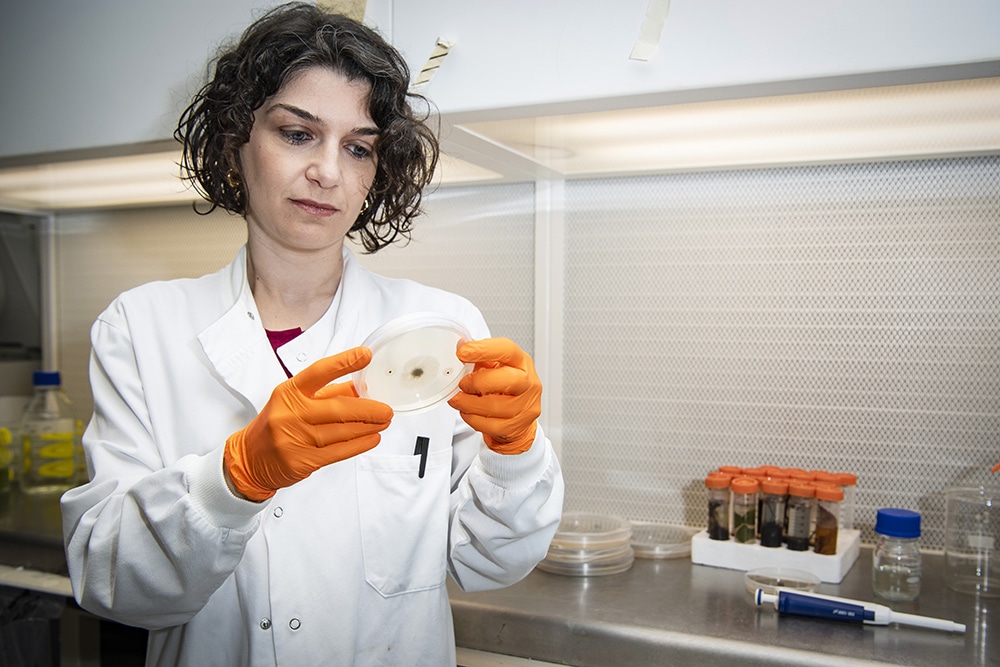
Research commercialisation
There are over 30 companies based at Norwich Research Park that have either spun-out, spun-in or started up here, many of which involve microbiology. Here are a few examples:

There are over 30 companies based at Norwich Research Park that have either spun-out, spun-in or started up here, many of which involve microbiology. Here are a few examples:

Its mission is to transform industrial dyeing into an environmentally friendly, socially responsible and economically viable process. It aims to achieve this by employing its technology that creates colour pigments from natural micro-organisms – plants and animals. Compared to conventional dyeing processes, the Colorifix technology reduces water consumption by more than 75%, electricity by 35% and carbon emissions by 31%. Colorifix employs a team of microbiologists to engineer the microbes extracted from the natural micro-organisms to produce the colour for their dyes.
Read more
Tropic is a world leader in employing gene editing techniques to develop more disease-resistant traits of some of the world’s most in-demand and threatened foods such as bananas, coffee and rice.
It has developed its own unique in-house technology called GEiGS® that combines gene editing with gene silencing (RNAi) in one versatile platform. This allows it to make very specific changes to crop genomes to activate natural disease resistance, like Panama disease in bananas, and to develop valuable traits such as increasing the yield in rice, delayed ripening in bananas and reduced caffeine in coffee.
Its team of plant biologists and biotechnologists play a key role in identifying the genes within the crops that need to be edited.

PfBIO is a spin-out company from the John Innes Centre that produces bacteria-based products to promote plant health and protect crops from major agricultural diseases as an alternative to synthetic agrochemicals.
Many pesticides have been or will soon be withdrawn from the market because of the detrimental impact they have on the environment. As a result, there needs to be a move away from pesticide-dominated agriculture to more sustainable and eco-friendly ways to farm.
PfBIO’s founder, Rosaria Campilongo, has a background in microbiology and was previously a researcher at the John Innes Centre. With her team, they have developed a platform, known as BioSIFT, which helps to identify the best natural biocontrol bacteria strains for the creation of their bioproducts.
Bacteria are collected from the natural environment and then selected for their ability to antagonise plant-pathogens, protect specific crops, improve crop yield and soil quality. The beauty of this process is that it enables the development of treatments tailored to specific crops and crop diseases. These resulting plant treatments are not harmful to humans, plants, animals, or the environment.